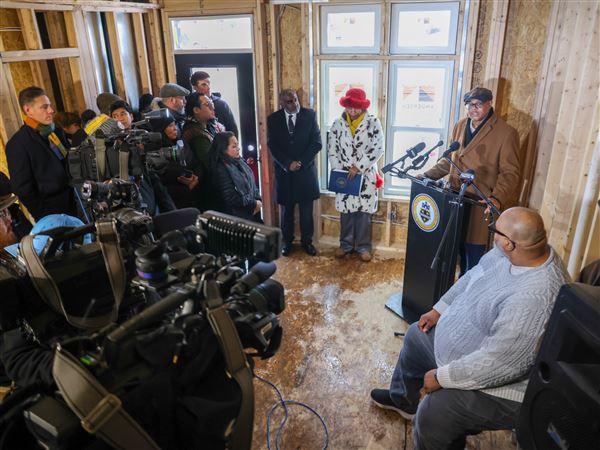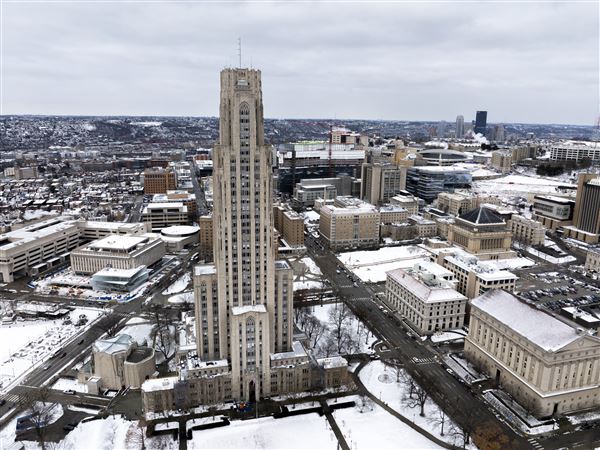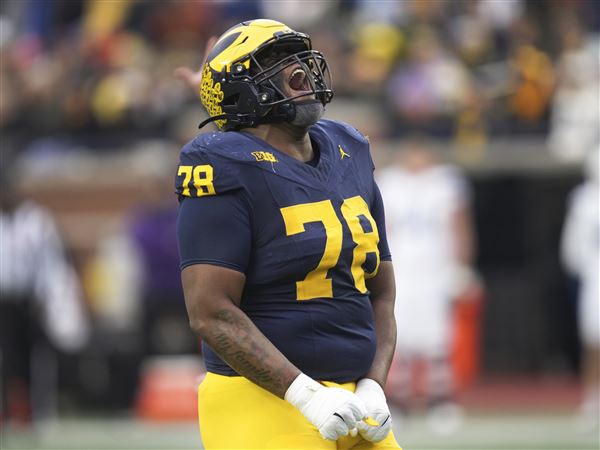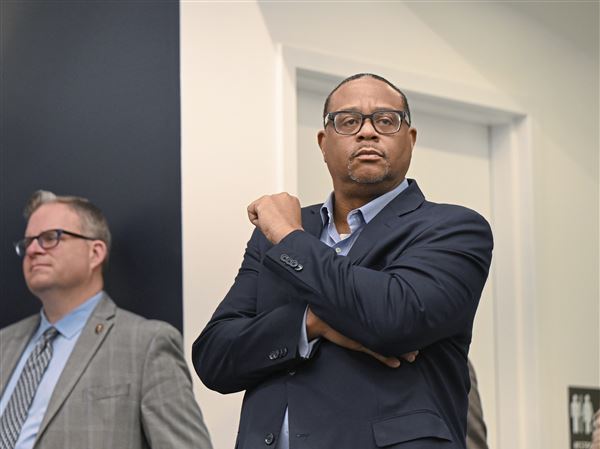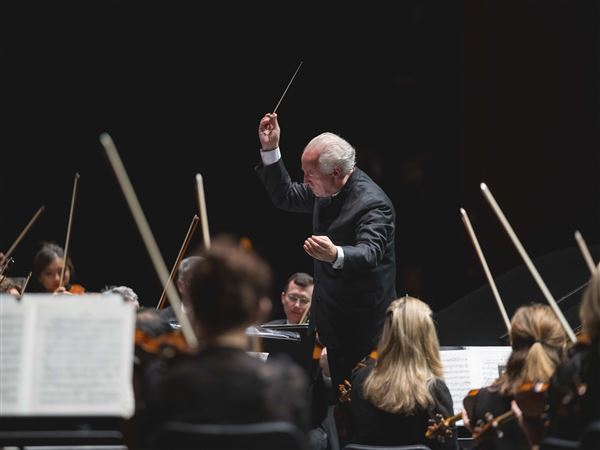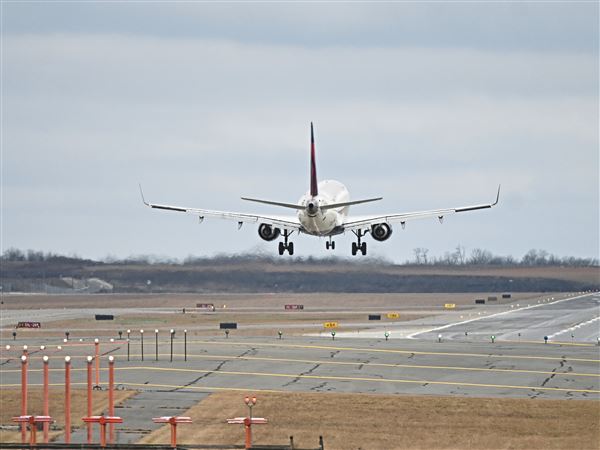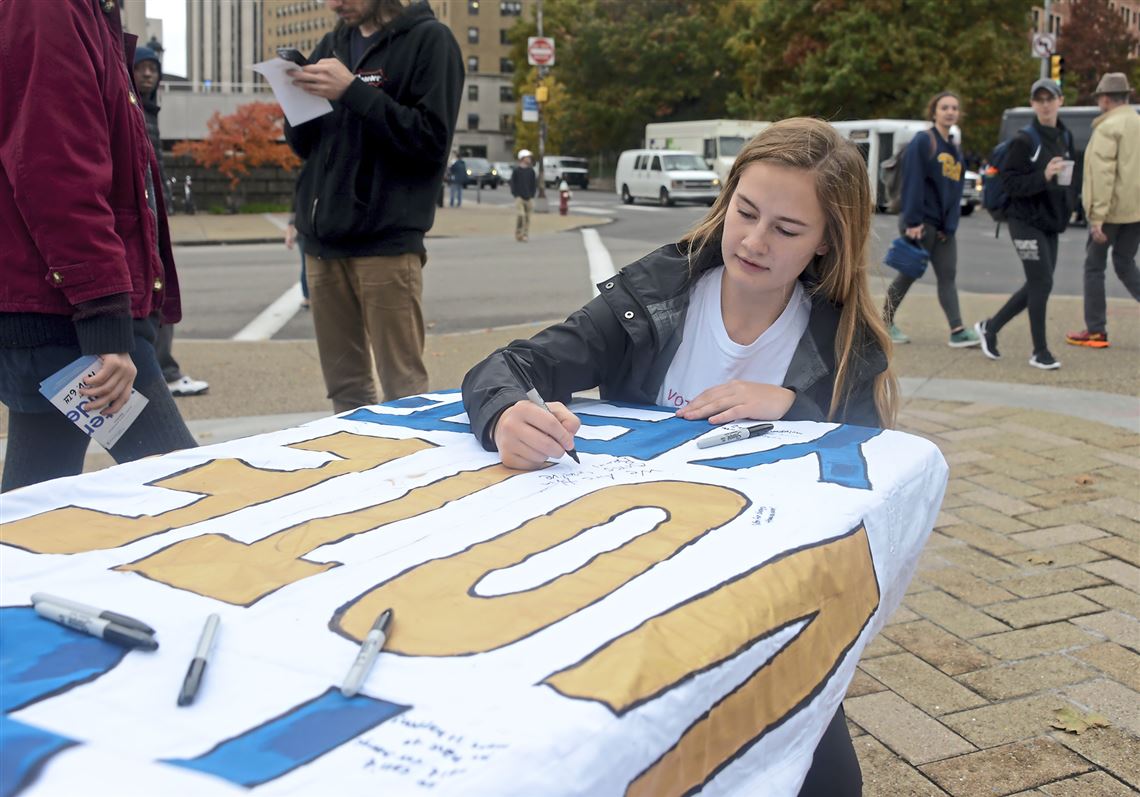If Democrats want to blaze an electoral path through Pennsylvania on their way to winning back the White House in 2020, they'll have to engage with a key voting bloc that is becoming more powerful by the cycle.
No, not senior citizens.
Young people.
Take it from NextGen America, the group founded by progressive billionaire Tom Steyer that refocused its efforts after the 2016 election to register young people to vote. In Pennsylvania last year, their on-the-ground strategy produced big results in the midterms, and they hope Democrats will follow their lead into the future.
According to statistics in a new memo from a NextGen Pennsylvania official, Pennsylvanians between the ages of 18 and 35 turned out to vote at a rate of 40 percent in 2018, nearly double that of 2014. Of the young people NextGen organized, 59 percent cast a ballot -- a success they attributed to their field, digital and mail programs.
The organization's playbook has been to connect with young people where they are, then keep them engaged. More than 80 percent of the young people they contacted face-to-face, digitally, by mail and by text -- all four -- showed up to vote. When engaged by only one of those methods, nearly half voted.
"We found that if we followed young voters from registration to the ballot box, they turned out," said Larissa Sweitzer, NextGen's Pennsylvania State Youth Director.
As intended, the group saw Democratic wins all over Pennsylvania in 2018. Sen. Bob Casey and Gov. Tom Wolf were reelected by wide margins, while John Fetterman took the lieutenant governorship. The state's congressional delegation flipped blue as well.
Though the group's registration efforts are nonpartisan, they operate under the assumption that young people lean progressive like they do.
"While Pennsylvanians of all ages turned out to vote in record numbers, young people increased their turnout disproportionately to the general public, propelling Democrats to office up and down the ticket," the memo read.
NextGen's sprawling field effort across the state -- which included a digital advertising program aimed at motivating nearly 470,000 unlikely-to-vote Pennsylvanians to head to the polls -- underscored a new surge of momentum among youth voters last year. Before the midterms, people ages 34 and younger were registered to vote in greater numbers than those ages 65 and older -- a first in Pennsylvania history.
NextGen added more than 40,000 young people to the voting rolls itself in Pennsylvania in 2018, a result of a yearlong voter registration drive. The group targeted potential voters in person -- young people who aren't the targets of traditional political campaigns -- by setting up shop on dozens of college campuses to talk face-to-face with young people about the issues they care about.
"We found out they cared about college affordability, affordable health care, climate change, racial equity and justice," Ms. Sweitzer said. "We took that onto the ground."
When the time came to vote, NextGen sent mailers to more than 600,000 young people in Pennsylvania. Those people turned out at a rate 20 points higher than those who didn't receive the mailer, according to the memo.
But it doesn't stop at the ballot box, Ms. Sweitzer asserted. The best preparation for 2020 will be keeping those voters engaged. To do that, they work to encourage young people to participate in town halls, write letters and talk with their elected officials. That's contributed to a greater interest in down-ballot races, too, Ms. Sweitzer said. In the recent special election for Pennsylvania's 37th Senatorial District, NextGen volunteers sent out 10,000 text messages to young people reminding them to go to the polls.
"It's clear -- to mobilize this crucial demographic in 2020, Democrats need to start engaging young people now and talk to them often," the memo read.
First Published: April 10, 2019, 11:00 a.m.
